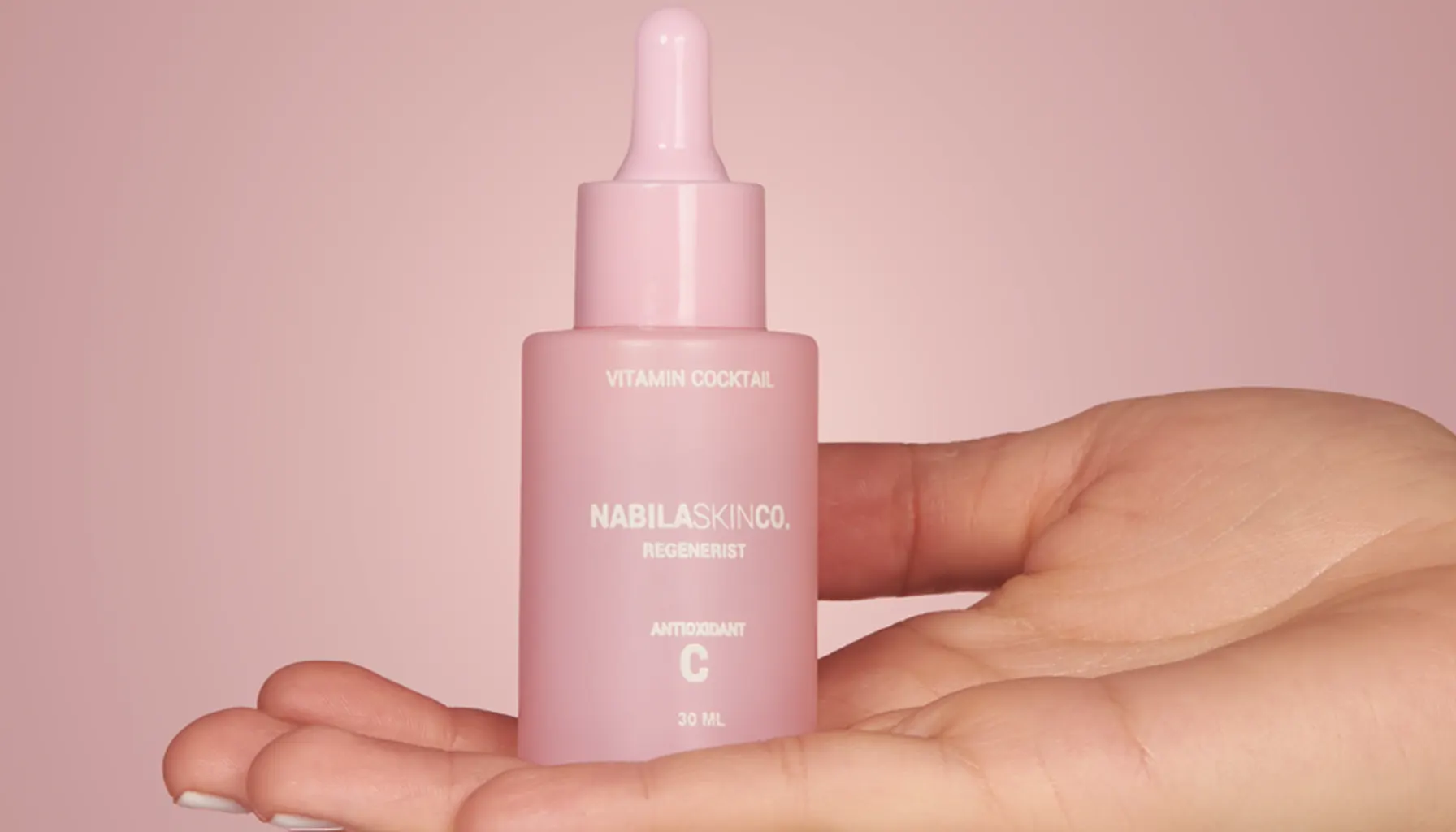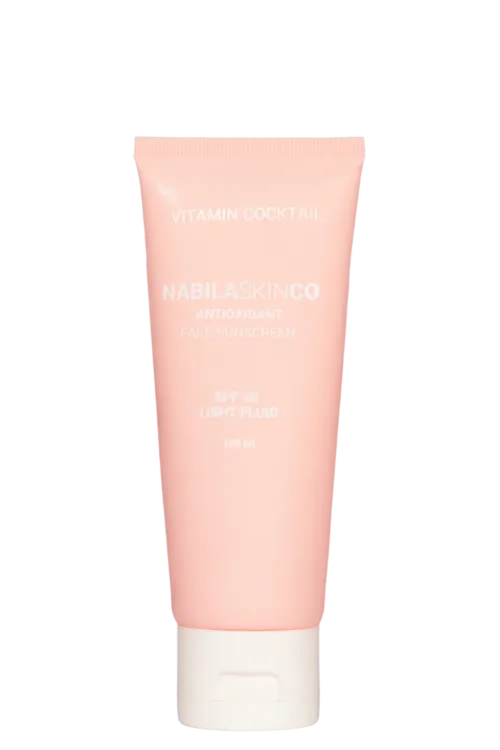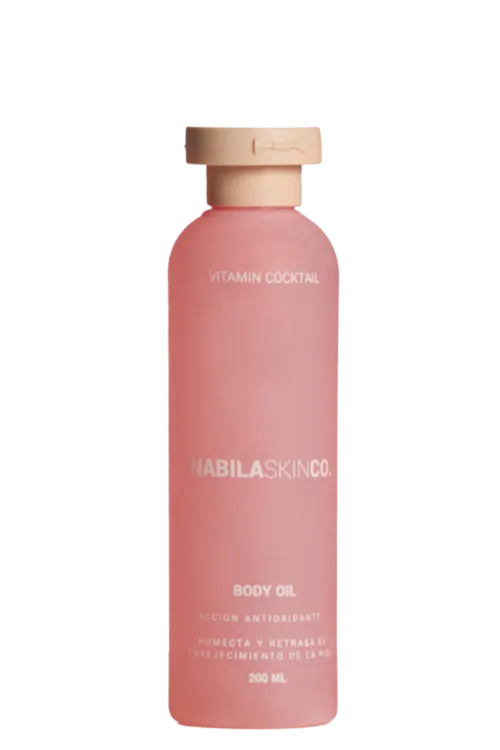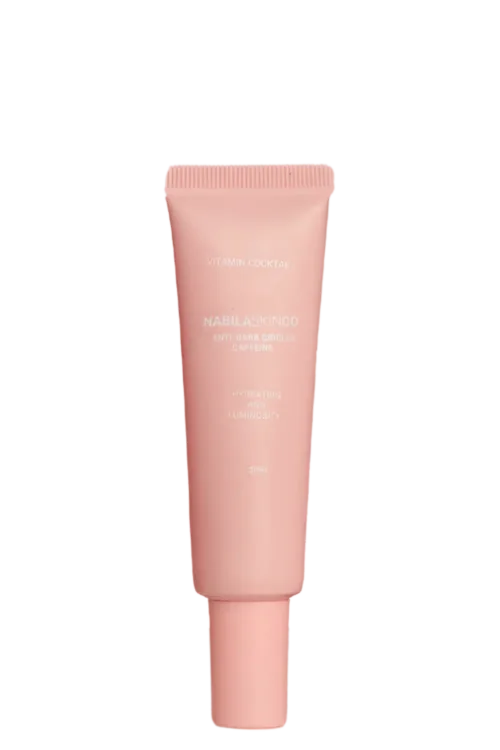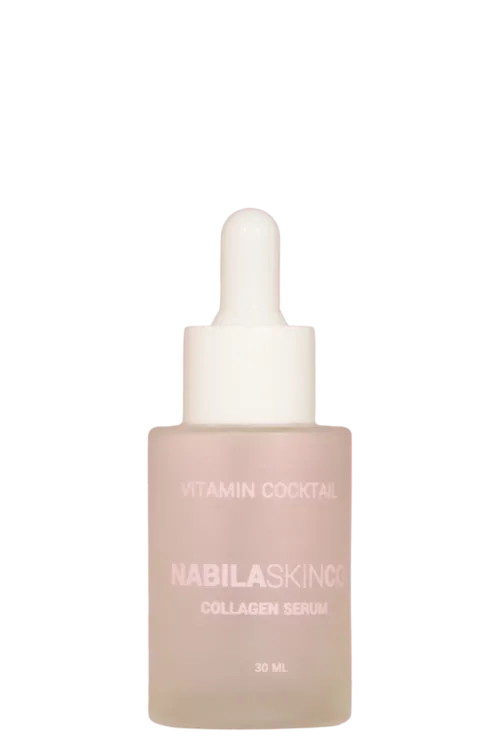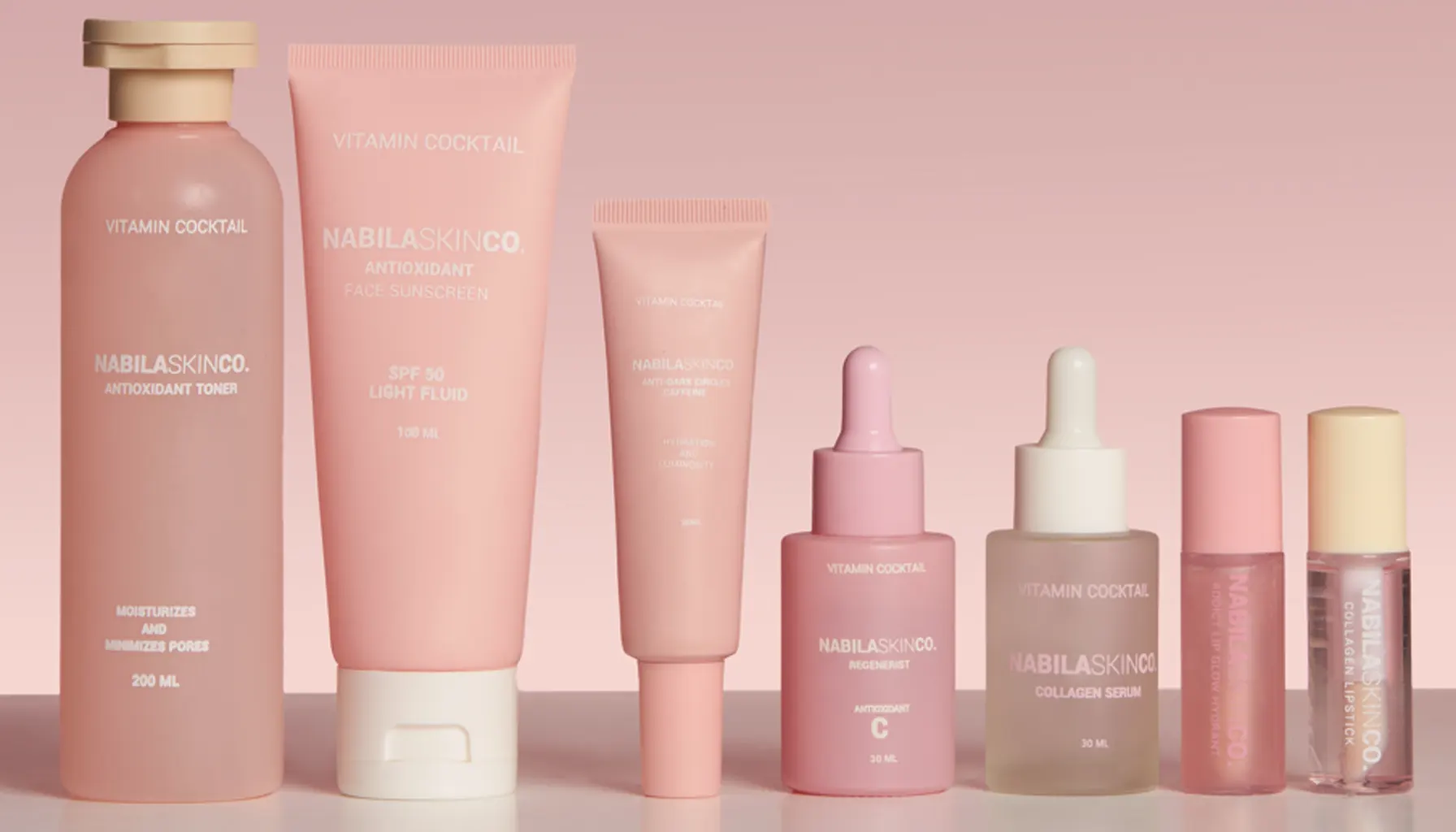
Vitamin C is one of the most sought after ingredients in skin care due to its numerous benefits. From brightening skin tone to fighting signs of aging, vitamin C can transform your skin care routine. However, with so many options available on the market, choosing the right product can be overwhelming. Here we offer you a guide to selecting the best vitamin C product for your skin.
1. Know your Skin Type
Before choosing a vitamin C product, it is essential to understand your skin type and its specific needs. Vitamin C is generally safe for all skin types, but product formulation may vary:
- Dry Skin: Look for products that combine vitamin C with hydrating ingredients like hyaluronic acid or glycerin. These components will help keep the skin hydrated and prevent the feeling of dryness.
- Oily skin: Opt for lightweight, oil-free formulas that won't clog pores. Serums are an excellent option for this type of skin.
- Sensitive skin: If you have sensitive skin, choose products with a lower concentration of vitamin C and avoid those with fragrances or irritating ingredients. A vitamin C derivative, such as magnesium ascorbyl phosphate, may be less irritating.
2. Check Concentration
The concentration of vitamin C in a product can vary, generally between 5% and 20%. For those new to using vitamin C, starting with a lower concentration (around 10%) can help avoid potential irritation. As your skin gets used to it, you can gradually increase the concentration.
3. Choose the Right Form of Vitamin C
There are several forms of vitamin C available in skin care products, each with their own benefits:
- L-Ascorbic Acid: The purest and most effective form of vitamin C, known for its ability to penetrate deep into the skin. However, it can be more irritating for sensitive skin.
- Magnesium Ascorbyl Phosphate: A gentler derivative of vitamin C that is less irritating and suitable for sensitive skin.
- Ascorbyl Palmitate: Another stable derivative that is less irritating and suitable for all skin types.
4. Consider Product Stability
Vitamin C is an unstable ingredient that can degrade when exposed to air and light. Look for products in opaque containers and with airtight dispensers to ensure their effectiveness. Additionally, some products combine vitamin C with other antioxidants, such as vitamin E and ferulic acid, to improve their stability and effectiveness.
5. Check the Complementary Ingredients
A good vitamin C product often contains other beneficial ingredients that complement its effects:
- Hyaluronic acid: Provides deep hydration and helps keep skin soft and supple.
- Vitamin E: Works in synergy with vitamin C to improve antioxidant protection and skin repair.
- Ferulic Acid: Increases the stability of vitamin C and enhances its antioxidant effects.
6. Read Reviews and Patch Test
Before committing to a product, read reviews and seek opinions from other users with a similar skin type to yours. Also, always do a patch test by applying a small amount of the product to your forearm or behind your ear to make sure it won't cause irritation.
Conclusion
Choosing the right vitamin C product can make a big difference in your skincare routine. By considering your skin type, the concentration and form of vitamin C, product stability, and complementary ingredients, you can find an option that maximizes the benefits for your skin. Don't forget to introduce the product gradually into your routine and keep an eye out for any adverse reactions. With the right product, you will enjoy brighter, more uniform and youthful skin.

